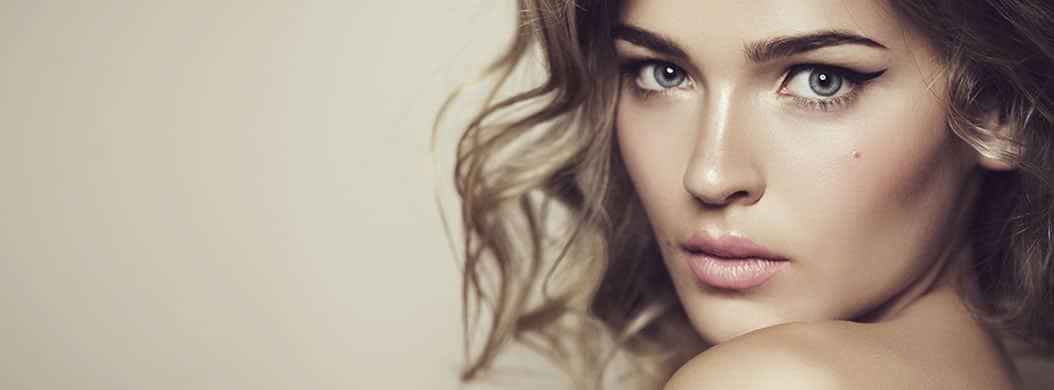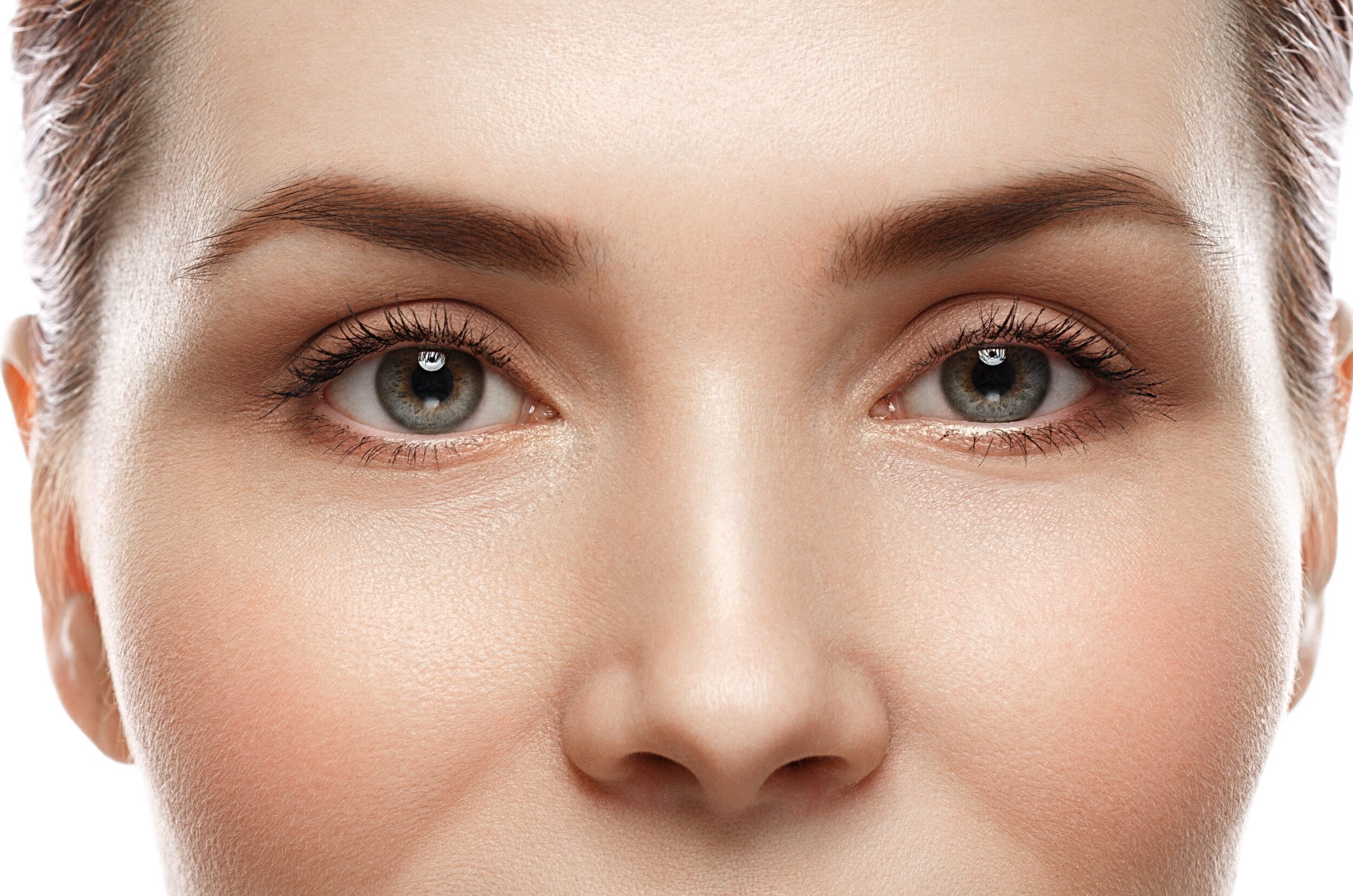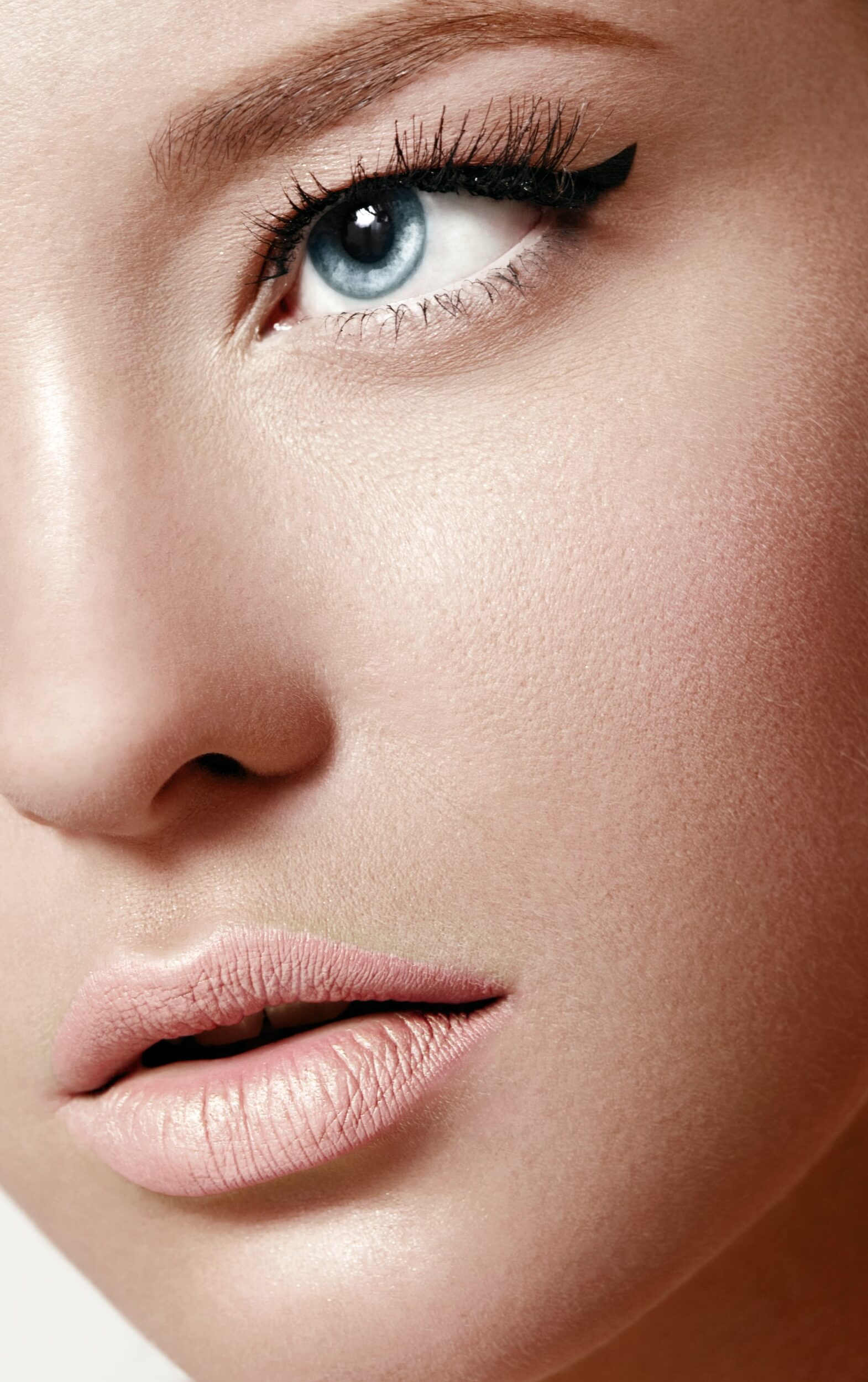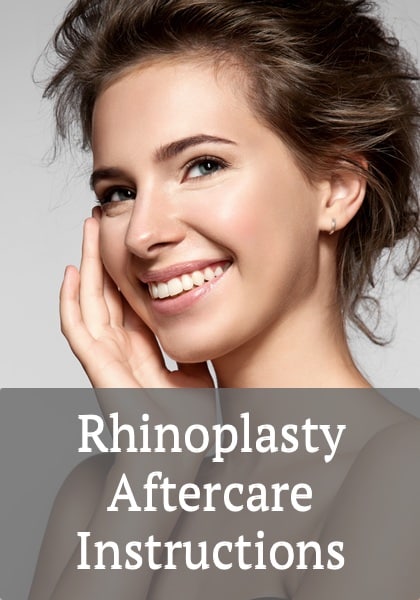
What is a nose job?
Rhinoplasty, nasal surgery, or “nose job” is one of the most common plastic surgery procedures performed today by Andrew Trussler, MD PLLC in Austin, Texas. Rhinoplasty can three-dimensionally reshape, reduce or augment the nose in order to provide facial balance. Correcting nasal deformities, such as reducing a nasal hump or refining a wide nasal tip can help achieve facial harmony and definitely boost self-confidence. Rhinoplasty in Austin is not only a cosmetic procedure, but may be performed as a reconstructive procedure to correct a birth defect, fix an injury such as a broken nose, and/or improve airflow through the nose.
Your Rhinoplasty Options In Austin, TX

Rhinoplasty may be performed for functional and cosmetic reasons. Dr. Trussler of Austin, Texas will evaluate the external nose as well as the internal nose to determine if functional correction is needed. Combining nose reshaping with septoplasty and/or turbinate reduction can effectively treat certain breathing problems, such as those caused as a result of a broken nose or deviated septum.
Considerations
The best candidates for rhinoplasty:
- Are at least 15 years old in females and 17 years old in males;
- Have finished facial growth;
- Are generally healthy;
- Do not smoke;
- Are seeking rhinoplasty for personal reasons, not pressure from others;
- Have realistic goals for the procedure;
- May have had previous nasal trauma, such as a broken nose;
- May have had a previous septoplasty only;
- Breathing problems, such as mouth breathing and/or snoring;
Expectations
Rhinoplasty is an excellent procedure for achieving the following:
- Balance the size of the nose with the other facial features
- Modify the width of the nose at the bridge
- Improve the nasal profile, including removing humps or depressions
- Contour a nasal tip that is too large, “boxy,” dropping or upturned
- Change the angle between the nose and the mouth
- Narrow and reshape the nostrils
- Correct asymmetry or deviation, straightening the nose

Surgery
Rhinoplasty is usually an outpatient procedure performed under general anesthesia.
Dr. Trussler uses one of two techniques when performing nose surgery in Austin, Texas. In a closed rhinoplasty, incisions are made within the nostrils. In an open rhinoplasty, the incision is made across the columella, the tissue between the nostrils. With both methods, Dr. Trussler gently lifts the soft tissues covering the nose and then sculpts the bone and cartilage to the desired shape. Any additional cartilage needed to augment the nose can often be taken from the septum.
If the patient does have a deviated septum, Dr. Trussler will adjust the septum and the inner structures of the nose to improve breathing. The tissues are replaced over the nose and stitched closed. If the patient desires nostril reshaping, this is done as the final stage of rhinoplasty.
The entire procedure generally lasts just over two hours.
Rhinoplasty Patient Testimonial
“Dr. Trussler is AMAZING!! He performed a septo and rhinoplasty on my nose and I was so nervous! This is your face so mistakes are a big concern. Dr. Trussler not only made me feel at ease, but he performed a miracle on my face. I’m only one month post op, and I am so in love with my new nose! Life changing… such a life changing experience!! Huge shout out to Brooke as well! She is the most awesome nurse. She answered every one of my annoying questions pre op and post op with such sweetness and grace. LOVE this team!! Best plastic surgeon EVER!!!”
Rhinoplasty Recovery
For a short time after surgery, patients may experience puffiness, nose ache or a dull headache, some swelling and bruising, bleeding or stuffiness. Most patients feel like themselves within two days and return to work in about a week. Dr. Trussler does place a nasal splint on the nose and silicone splints in the nose in the surgery. All splints and stitches are removed in one week. Normal activity can be resumed in 3 weeks.
The results of rhinoplasty become gradually apparent as the days pass after surgery and swelling recede. Swelling may reappear from time to time in the first year after the procedure. It is typically more noticeable in the morning and fades during the day.
Contact lenses can be worn immediately, but glasses may need to be taped to your forehead or propped on your cheeks for up to seven weeks to avoid pressure on the nose and nasal bones.
Patients with realistic goals for rhinoplasty are generally very happy with the new shape of their nose and this can be appreciated almost immediately. The exact results depend on the patient’s nasal bone and cartilage structure, facial shape, skin thickness, and age.
Nose Surgery FAQs
Rhinoplasty surgery or “nose job” is a very common surgical procedure to help improve the form and/or function of the nose. There are two main techniques of rhinoplasty: open rhinoplasty and closed rhinoplasty. The choice of technique varies with the goal of the operation and surgeon preference. There are many components to rhinoplasty surgery including nasal bone reduction, cartilage shaping, and nasal airway procedures.
The cost of a rhinoplasty will vary regionally and will depend on the complexity of the procedure. A cosmetic rhinoplasty may cost starting on average at $12,500+. Some functional rhinoplasty procedures may be covered by health insurance if there is a medical benefit to the procedure.
Rhinoplasty procedure may take between one to three hours depending on the complexity of the surgery and type of rhinoplasty performed. The time spent in rhinoplasty surgery will vary with the number of components performed in the operative procedure and any variance in the surgery. Thorough surgical planning including pre-operative imaging can help streamline the operative time.
Blowing the nose after rhinoplasty can typically resume at the three-week point. Gentle saline spray can be utilized before this time with light nasal care. Nasal irrigation like the “neti-pot” could be started at the 3-week point as well.
In some cases, some people who are interested in rhinoplasty may only sometimes qualify as eligible candidates. If you have underlying health conditions such as heart disease, diabetes, high blood pressure, lung conditions, or pneumonia, this procedure may not be suitable for you as these conditions may prevent you from achieving a successful, complication-free recovery.
Just like any other cosmetic procedure, rhinoplasty does come with risks. These risks can include:
- Skin numbness or increased sensitivity
- Difficulty breathing
- Infection
- Excessive bleeding
- Poor wound healing
- Scarring
- Skin discoloration or hyperpigmentation
- Swelling
- Redness
While a few of these risks, such as redness and swelling, are common side effects of the rhinoplasty procedure that should disappear within a few days, more rare risks can easily be managed and avoided under the care of board-certified plastic surgeon Dr. Trussler.
High-intensity physical activity such as cardiac workouts, running, and strength training should be avoided during your recovery period. Patients should refrain from lifting heavy objects or any other activity that may result in potential injury to the face.
The results of your rhinoplasty are designed to be long-lasting. While it’s rare that the appearance of your nose may change in appearance, it is possible that signs of aging over time can affect it. However, many patients report increased self-confidence after fully healing from their rhinoplasty procedure. They can enjoy the appearance of their improved nose for a lifetime.
Contact Us
Whether you have a question or would like to set up a rhinoplasty consultation in Austin, Texas, Dr. Trussler and his staff are here to help. Please fill out our contact form, or call our Austin office at 512-450-1077 to schedule an appointment. Start your journey to not only looking, but feeling better today!
Publication
- Janis JE, Trussler AP, Ghavami A, Marin V, Rohrich RJ, Gunter JP. The Lower Lateral Crural Turnover Flap. Plast Reconstr Surg. 2009 Jun;123(6):1830-41.


